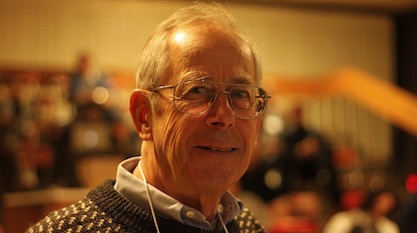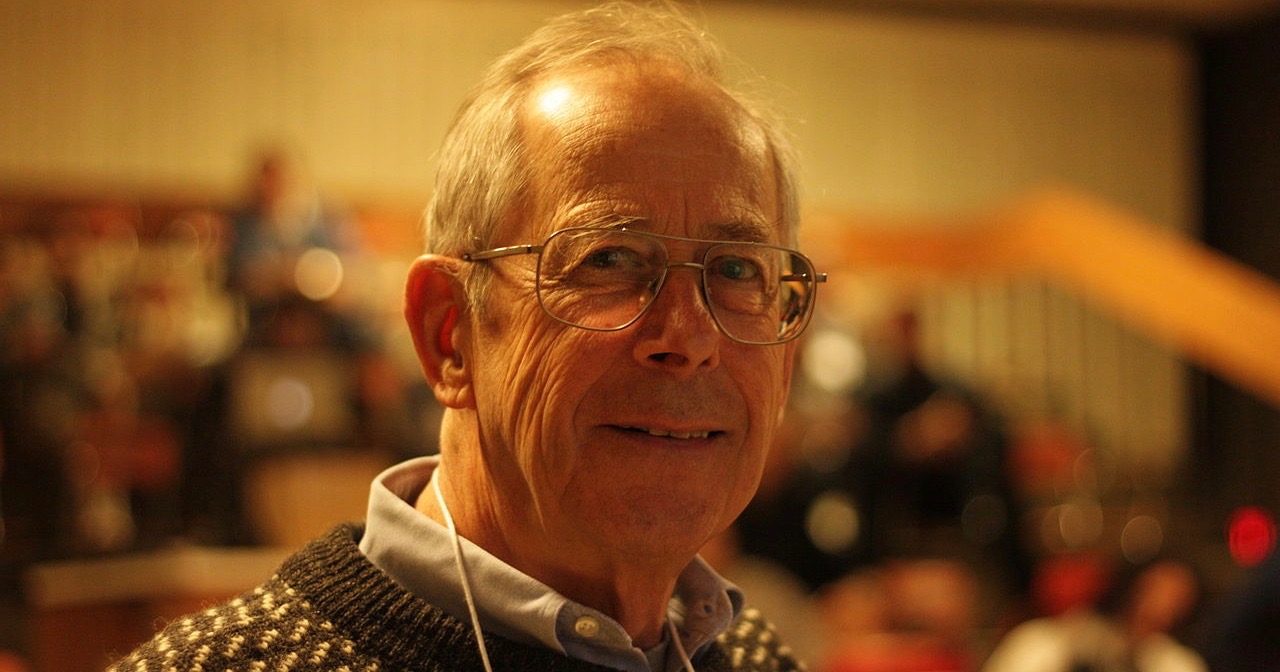 Intelligent Design
Intelligent Design
Physics Nobel Prize Invites Snark from the Anti-ID Peanut Gallery


Congratulations to Princeton cosmologist James Peebles, who shares the Nobel Prize this year for physics. His work, as the Wall Street Journal summarizes, “developed precise models of cosmic creation, transforming cosmology ‘from speculation to science,’ the [Royal Swedish Academy of Sciences] said.” A frequent if not obsessive ID antagonist, Kevin Williamson, seizes upon this as an occasion for a swipe at intelligent design and a put-down directed at all those rubes (presumably including subscribers and readers of the magazine where he writes, National Review) who would seriously entertain the idea.
Williamson refers to Peebles, a Canadian by birth, and the pair of fellow physicists who shared the prize with him:
Goodness, look at that: a couple of dodgy Europeans and a @#$%&! immigrant at Princeton!
They probably don’t even buy into “intelligent design,” either.
Harrumph, etc.
The Irony, Please?
Yet, insofar as Peebles’s work helped to strengthen the evidence for a cosmic beginning, it is actually part of the argument for intelligent design made by, among others, philosopher of science Stephen Meyer in his next book, The Return of the God Hypothesis. As Meyer and fellow ID proponents have shown, a starting point to physical existence, which is what the Big Bang represents, is among the most persuasive evidences against a materialist perspective on reality. Taken together with the remarkable fine-tuning data, it suggests a purposeful cause operating intelligently outside nature, responsible for creation. That is why materialists resisted it until the gathering evidence, developed in Peebles’s field, made it impossible for them to do so any longer.
I have no idea what view Professor Peebles takes on these grander ramifications. But as another Nobel Prize-winning physicist, the late Charles Townes, put it, “Intelligent design, as one sees it from a scientific point of view, seems to be quite real.” Nor is he alone. Physicist Brian Josephson, another Nobelist, says he is “80 percent” confident that intelligent design is correct. As the odds go, that’s not bad. How about giving the snark a little rest, Williamson?
For more on intelligent design and the arguments from cosmology, see Episode 4 of Science Uprising:
Photo: James Peebles, by Juan Diego Soler [CC BY 2.0], via Wikimedia Commons.
